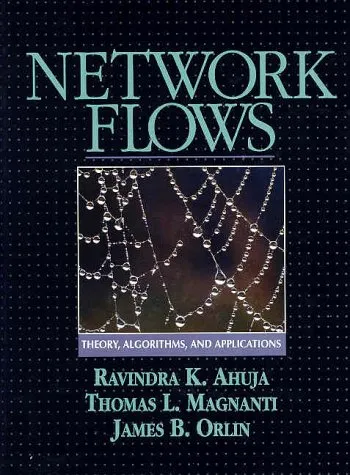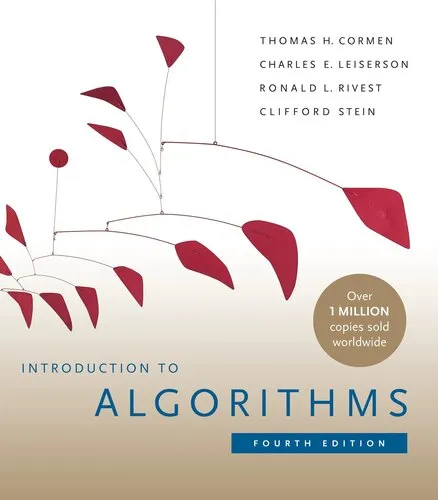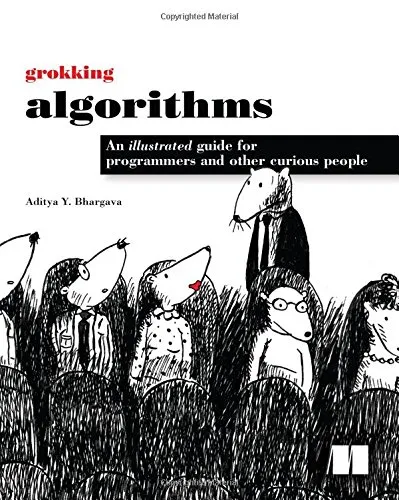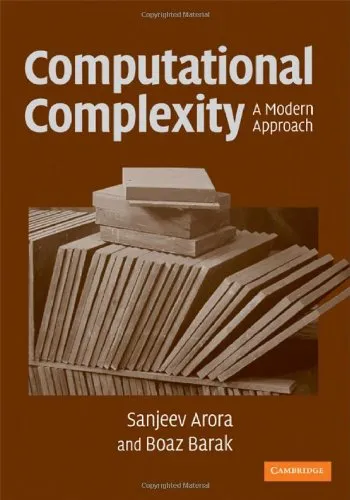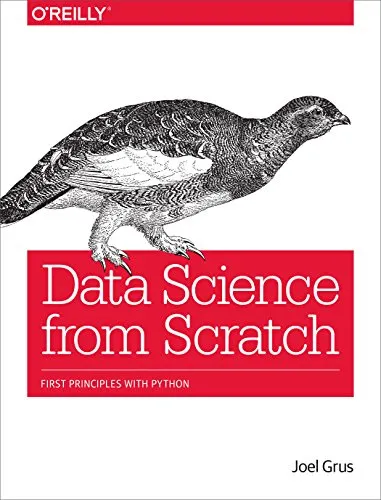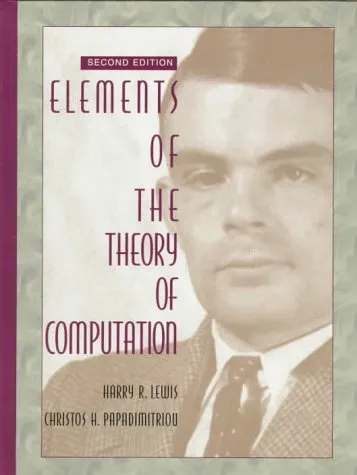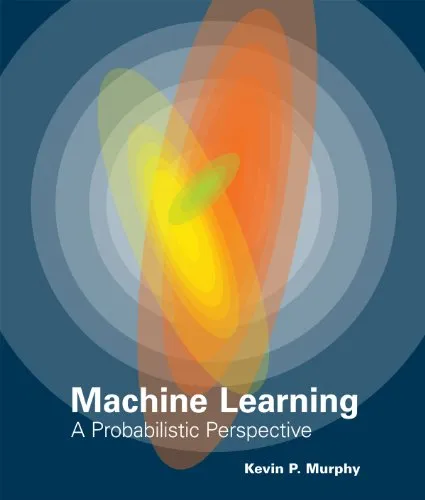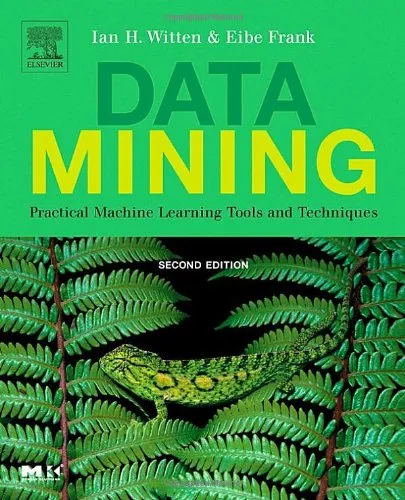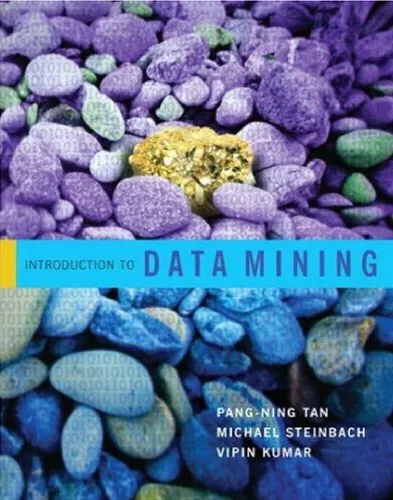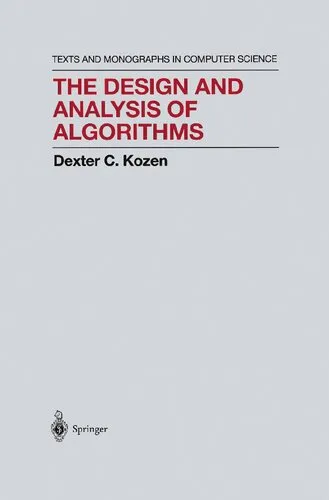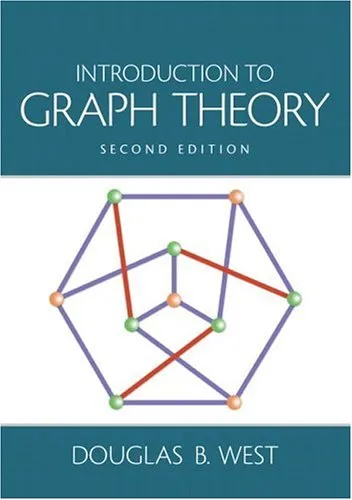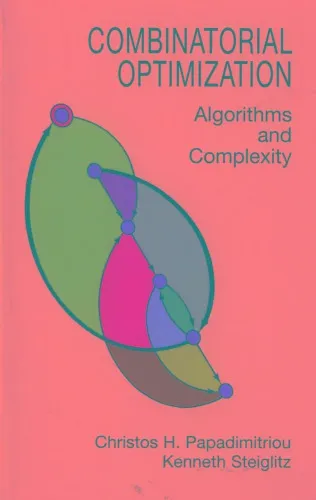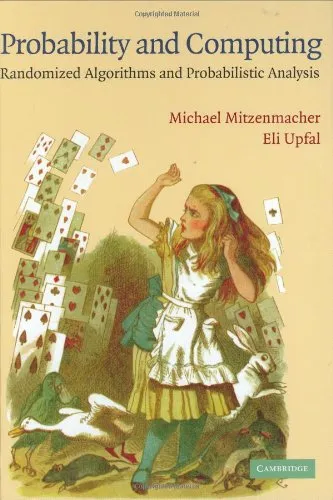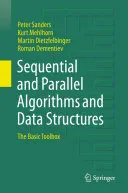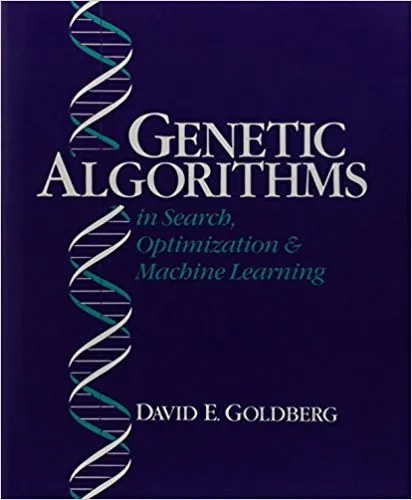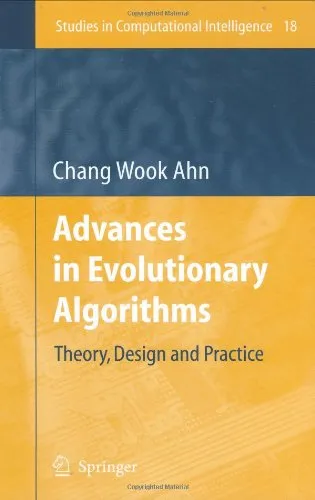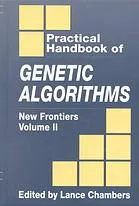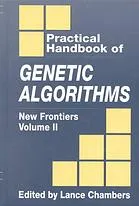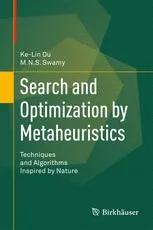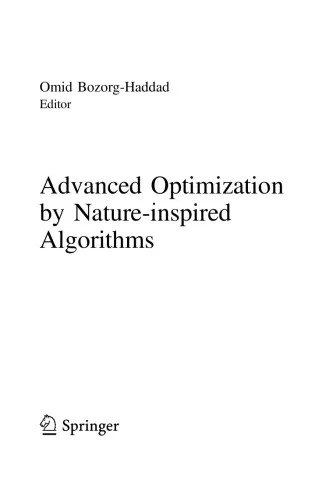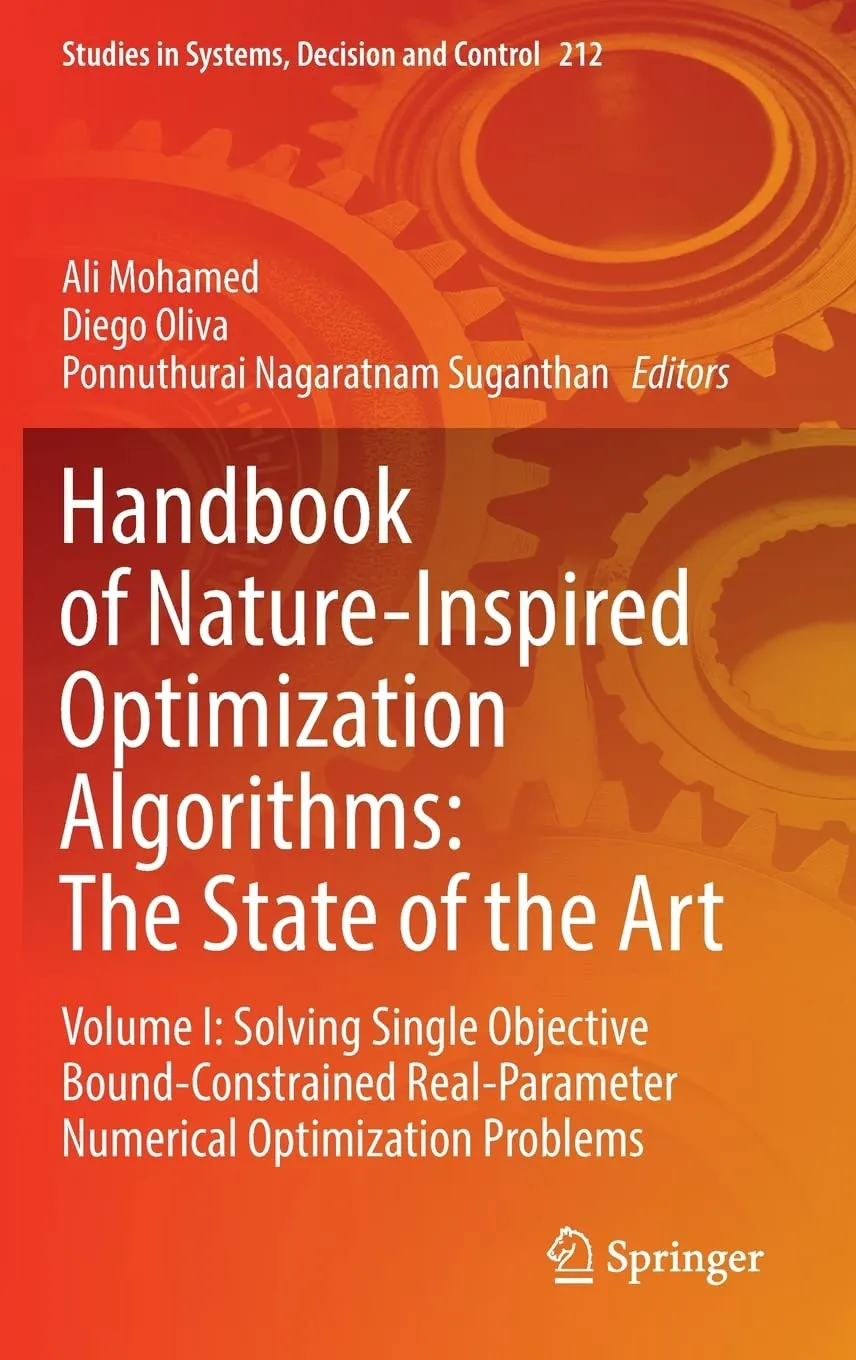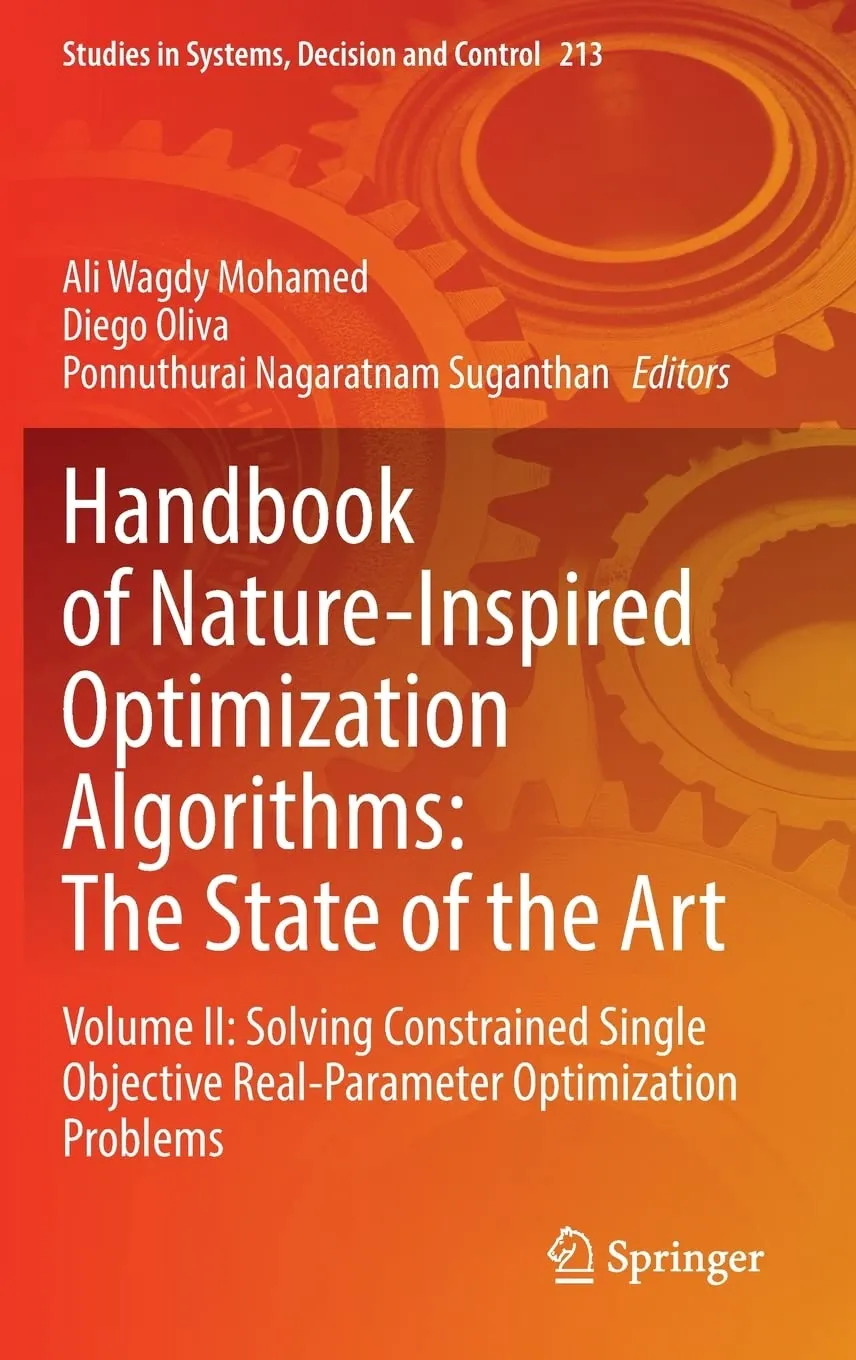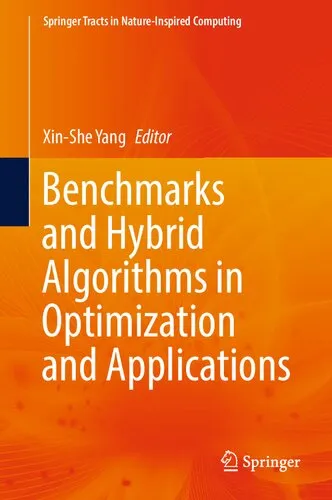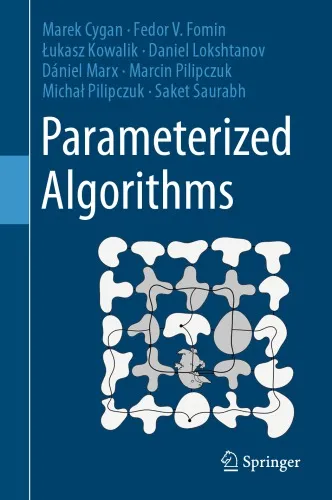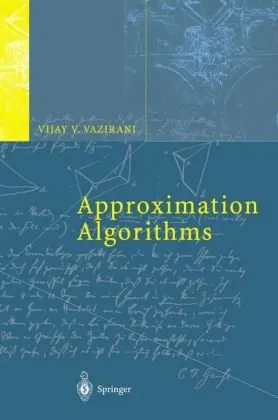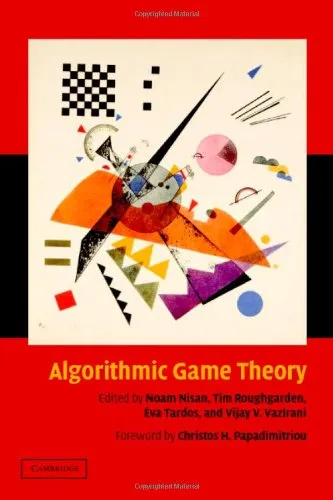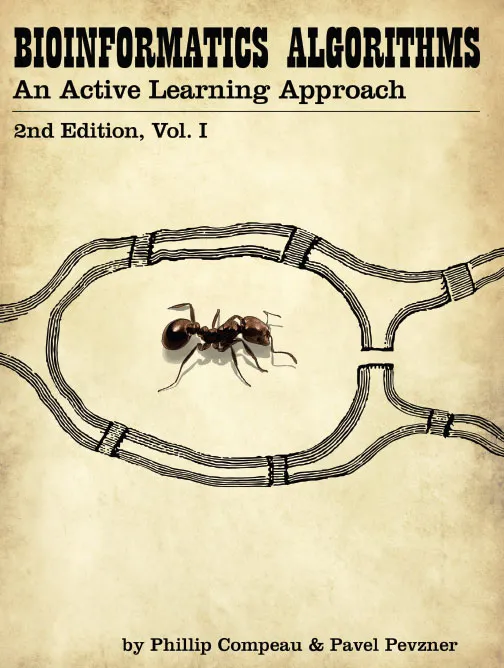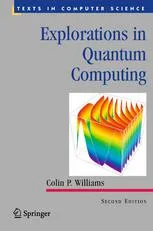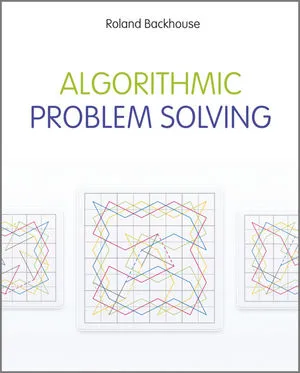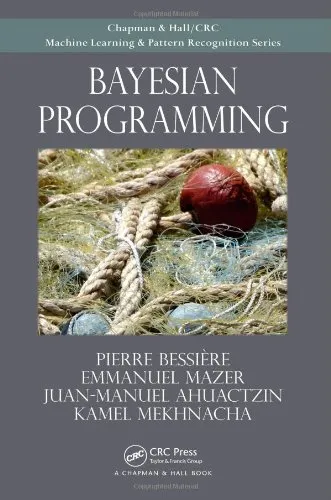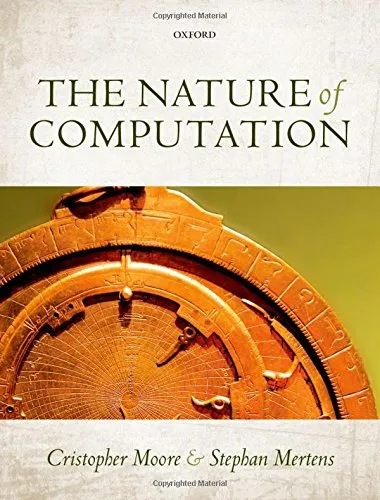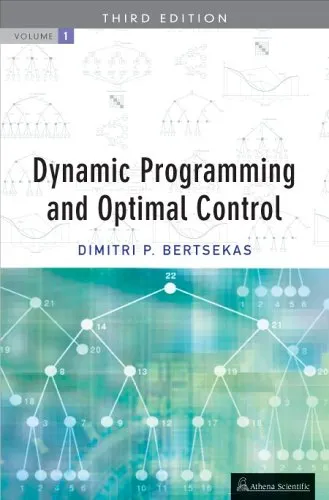Network Flows: Theory, Algorithms, and Applications
4.8
بر اساس نظر کاربران

شما میتونید سوالاتتون در باره کتاب رو از هوش مصنوعیش بعد از ورود بپرسید
هر دانلود یا پرسش از هوش مصنوعی 2 امتیاز لازم دارد، برای بدست آوردن امتیاز رایگان، به صفحه ی راهنمای امتیازات سر بزنید و یک سری کار ارزشمند انجام بدینکتاب های مرتبط:
معرفی کتاب: Network Flows: Theory, Algorithms, and Applications
کتاب Network Flows: Theory, Algorithms, and Applications یکی از جامعترین و برجستهترین منابع در زمینه جریانهای شبکه است. این کتاب که توسط نویسندگان برجسته، Ravindra K. Ahuja، Thomas L. Magnanti و James B. Orlin تألیف شده، به بررسی عمیق مباحث نظری، الگوریتمها و کاربردهای جریانهای شبکه میپردازد. این اثر یک راهنمای کامل است که به دانشجویان، پژوهشگران و متخصصان در حوزههای مهندسی، علوم کامپیوتر، بهینهسازی و اقتصاد کمک زیادی میکند.
هدف این کتاب کاوش در ساختارها، الگوریتمها و مدلسازی انواع مشکلات بهینهسازی در شبکهها است. چه یک دانشجوی تازهکار باشید و چه یک متخصص باتجربه، این کتاب میتواند ابزاری قدرتمند برای درک بهتر و تسلط کامل بر موضوعات اصلی مرتبط با جریانهای شبکه باشد.
خلاصهای از کتاب
کتاب از سه بخش اصلی تشکیل شده است: نظریههای بنیادین، توسعه الگوریتمها و پاسخ به مشکلات عملی. در بخش اول، مبانی اساسی نظریه جریانهای شبکه همچون Graphs، ساختارهای شبکه و ویژگیهای مرتبط با آنها پوشش داده شده است. این بخش به شکلگیری مفاهیم اصلی همچون Minimum-Cost Flows، Maximum Flow Problems و Shortest Path Problems اختصاص دارد.
در بخش دوم، نویسندگان بر توسعه و تحلیل الگوریتمهای مطرح موجود متمرکز شدهاند. الگوریتمهایی مانند Ford-Fulkerson، Dijkstra، و Primal-Dual به دقت شرح داده میشوند. از مزایای این بخش ارائه تحلیل زمانی الگوریتمها و مقایسه عملکرد آنهاست که دید بهتری به خوانندگان در انتخاب مناسبترین روش برای کاربردهای مختلف میدهد.
بخش سوم به طور خاص بر روی کاربردهای عملی جریانهای شبکه در صنایع مختلف مانند حمل و نقل، مخابرات، تولید و حتی بیوانفورماتیک میپردازد. با ارائه مثالهای واقعی، نویسندگان نشان دادهاند که چگونه مدلهای شبکه میتوانند مشکلات پیچیده واقعی را حل کنند.
نکات کلیدی کتاب
- تحلیل جامع و اصولی مبانی نظری جریانهای شبکه.
- پوشش کامل الگوریتمهای جریان شبکه با تأکید بر درک عملیاتی و ریاضی.
- ارائه کاربردهای گسترده از مسائل شبکه در دنیای واقعی.
- تأکید بر توسعه مهارتهای حل مسأله و بهینهسازی.
- شبیهسازی مشکلات پیچیده و نحوه استفاده از ابزارهای محاسباتی.
نقل قولهای معروف از کتاب
“Optimization models allow us to make more intelligent decisions by quantifying trade-offs systematically.”
“Network flow problems form the backbone of many operational research and computational optimization challenges.”
چرا این کتاب اهمیت دارد؟
کتاب Network Flows: Theory, Algorithms, and Applications به دلیل جامع بودن و ارائه دیدگاههای متنوع، یک منبع ارزشمند برای مطالعه جریانهای شبکه است. این کتاب نه تنها مطالب تئوری پایه را به شکلی ساده و قابل فهم ارائه میدهد، بلکه با ارائه مثالهای کاربردی متنوع به خوانندگان امکان میدهد تئوریها را در عمل به کار گیرند.
در جهان امروز که بینهسازی و حل مسائل پیچیدهتر از همیشه مهم شدهاند، این کتاب به خوانندگان خود ابزارهای لازم برای موفقیت در پروژههای پیچیده را ارائه میکند. همچنین، سبک نگارش و ساختار منظم آن باعث شده که هسته اصلی تئوریها و الگوریتمها برای همه مخاطبان به راحتی قابل استفاده باشد.
در نهایت، این کتاب به عنوان یک منبع آموزشی یا مرجع حرفهای میتواند نیازهای متخصصان، دانشجویان و حتی افرادی را که در صنعت حضور دارند ولی به دانشی عمیق از جریانهای شبکه نیاز دارند، برآورده کند.
Introduction to "Network Flows: Theory, Algorithms, and Applications"
"Network Flows: Theory, Algorithms, and Applications" by Ravindra K. Ahuja, Thomas L. Magnanti, and James B. Orlin is a seminal work in the fields of optimization and operations research. It provides a comprehensive treatment of network flow problems, blending rigorous theoretical foundations with practical, real-world algorithms and applications. This book has become a cornerstone reference for students, researchers, and practitioners seeking to delve into the mathematical and computational aspects of network optimization.
The importance of network flows spans numerous domains, from transportation and telecommunications to computer science, energy systems, and logistics. This work meticulously balances theoretical underpinnings with practical problem-solving techniques, making it an indispensable resource for understanding and addressing key challenges in network-based systems. With a focus on algorithmic efficiency, the authors present both classical methods and modern innovations, ensuring a well-rounded perspective on network optimization.
Detailed Summary of the Book
The book is organized into a logical progression that starts with the basics and builds a deep understanding of network flow models, theory, and algorithms. It opens with an overview of networks and optimization problems, emphasizing how mathematical modeling can be used to represent and solve real-world challenges. Subsequent chapters dive into the core topics such as the maximum flow problem, minimum-cost flow problem, shortest path algorithms, and multicommodity flows.
A key feature of the book is its hands-on approach to algorithms. The authors discuss classical algorithms like the Ford-Fulkerson method and Dijkstra's algorithm and extend the discussion to advanced techniques like the primal and dual simplex methods, scaling algorithms, and push-relabel algorithms. These methods are examined not only from an algorithmic perspective but also in terms of their implementation and performance in practice.
The final sections of the book emphasize applications and advanced topics. Case studies in fields such as telecommunications, transportation, production scheduling, and supply chain management allow readers to see how theoretical results are applied to solve real-world problems. Each chapter concludes with exercises designed to reinforce key concepts and encourage further exploration.
Key Takeaways
- Comprehensive coverage of network flow algorithms, including classical and advanced techniques.
- Rigorous treatment of theoretical aspects and their practical applications.
- Focus on algorithmic efficiency with discussions on complexity and performance.
- Real-world applications that bridge theory and practice across multiple industries.
- A wealth of exercises and examples to reinforce understanding and develop problem-solving skills.
Famous Quotes from the Book
“Network optimization problems lie at the heart of numerous real-world systems—from transportation and communication networks to resource allocation and logistics.”
“Efficient algorithms are not just about finding solutions but about finding scalable solutions that can address the complexity of modern systems.”
Why This Book Matters
"Network Flows: Theory, Algorithms, and Applications" stands as a definitive text for anyone interested in network optimization and its practical implications. It seamlessly bridges the gap between academia and industry, providing tools and techniques that are both conceptually deep and operationally effective. For students, it serves as a foundational text that sparks curiosity and engages intellectual rigor. For practitioners, it is a practical manual that helps design and optimize critical systems.
The authors’ emphasis on efficient algorithms is particularly relevant in today’s data-driven world, where computational resources and time constraints are pivotal. From supply chain optimization to modern telecommunications networks and beyond, the lessons and methods from this book empower readers to develop solutions that are not only correct but also efficient, scalable, and innovative.
دانلود رایگان مستقیم
شما میتونید سوالاتتون در باره کتاب رو از هوش مصنوعیش بعد از ورود بپرسید
دسترسی به کتابها از طریق پلتفرمهای قانونی و کتابخانههای عمومی نه تنها از حقوق نویسندگان و ناشران حمایت میکند، بلکه به پایداری فرهنگ کتابخوانی نیز کمک میرساند. پیش از دانلود، لحظهای به بررسی این گزینهها فکر کنید.
این کتاب رو در پلتفرم های دیگه ببینید
WorldCat به شما کمک میکنه تا کتاب ها رو در کتابخانه های سراسر دنیا پیدا کنید
امتیازها، نظرات تخصصی و صحبت ها درباره کتاب را در Goodreads ببینید
کتابهای کمیاب یا دست دوم را در AbeBooks پیدا کنید و بخرید
1568
بازدید4.8
امتیاز0
نظر98%
رضایتنظرات:
4.8
بر اساس 0 نظر کاربران
Questions & Answers
Ask questions about this book or help others by answering
No questions yet. Be the first to ask!
